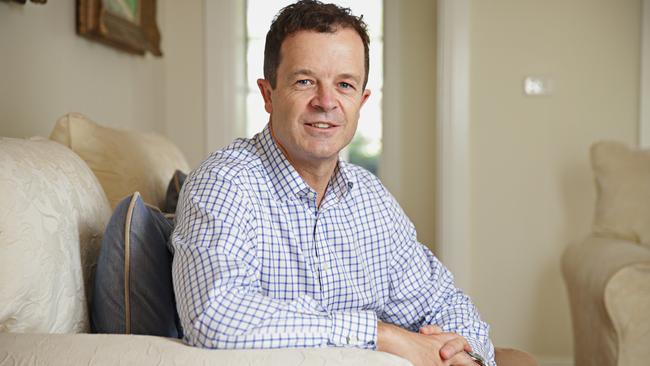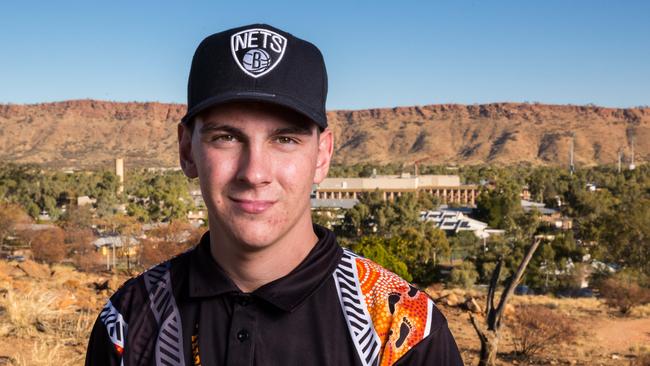New laws for social media era pushing for settlement in cafes instead of court
New defamation laws could see cases settled in cafes instead of court in a bid to tackle the rise in minor squabbles ignited on social media.
- Tiger King, toilet paper and Kim: Aussies’ crazy searches
- Burning documents: US orders ‘evil’ China to shut consulate
Spiralling defamation payouts for trivial cases largely spurred on by social media spats will come to an end and likely be settled in cafes not court, under “parliament ready” draft laws expected to be ratified by states and territories next Monday.
For the past 18 months a NSW-led national working party has worked up a document, agreed to in principle by state and territory Attorney-Generals, to reform defamation laws to finally capture the digital age which has prompted an explosion in people suing each other.
On Monday state and territory Attorney-Generals will meet, in a virtual space rather than in Hobart as planned due to COVID-19 restrictions, to give the final nod and introduce to parliament at the “earliest moment”.
Under the changes, a 14-day “concerns notice” period will be introduced to allow parties to come together and discuss remediation rather than rushing to court.
Plaintiffs will also have to prove a defined “serious harm” test for defamation to proceed with the new laws to provide clarity around the boundaries of what’s in the public’s interest and the defence of contextual truth.

The laws also provide greater clarity for a court that may award damages for non-economic loss up to a maximum amount, but without limiting the court’s power to award aggravated damages separately.
Limitation periods to bring actions will also be extended by 56 days to allow for greater pre-trial processes.
Defence of “honest opinion” has also been strengthened.
NSW Attorney-General Mark Speakman said defamation laws have long proved a barrier to public interest journalism and the new defamation regime would be “fit for purpose for our times” and include a new public interest defence test based on UK legislation and a chance to settle differences over coffee than in court.
“The reforms will also help to bring spiralling defamation payouts under control, unclog the courts from trivial cases, encourage plaintiffs to resolve cases without resorting to costly and stressful litigation and start the limitation clock at the first publication of a matter, rather than the potentially indefinite last click on a story,” Mr Speakman said, adding a media outlet should not be crippled by damages payouts to the point it will no longer pursue public interest exposes.
“That doesn’t and never should mean open slather for irresponsible muckraking, what it does mean is restoring balance to ensure reputations are protected while responsible speech is as free as it needs to be to shine lights into the dark corners of our society.”

MORE NEWS:
Jobless rate to hit 9.25 per cent as budget faces $850b debt
‘Hostage’: Heard reveals Aussie hell with Depp
Kim’s desperate plea as new divorce claims emerge
Ghislaine’s ‘sex secrets’ could be made public by court
He added a stage 2 reform already underway would clarify responsibilities and liabilities of internet platforms for online published material.
Michael Miller, News Corp Australasia executive chairman, said on Thursday change was needed.
“It has been clear for many years that Australia’s defamation laws have been left behind by the digital age. We welcome the cooperative approach to addressing this issue taken by all Australian governments and led by Mr Speakman. We look forward to the implementation of much needed changes as soon as possible.”
Facebook also welcomed moves to modernise defamation laws which it said were no longer fit for purpose.
It cited the case of Dylan Voller who sued media outlets, including Nationwide News and Nine Entertainment (formerly Fairfax Media) over public users’ comments on their Facebook pages as creating uncertainty.
Prominent defamation barrister Tom Molomby SC in his lengthy submission to the defamation working party said he had considerable concern for plaintiffs who try to take on large corporations.
Originally published as New laws for social media era pushing for settlement in cafes instead of court
